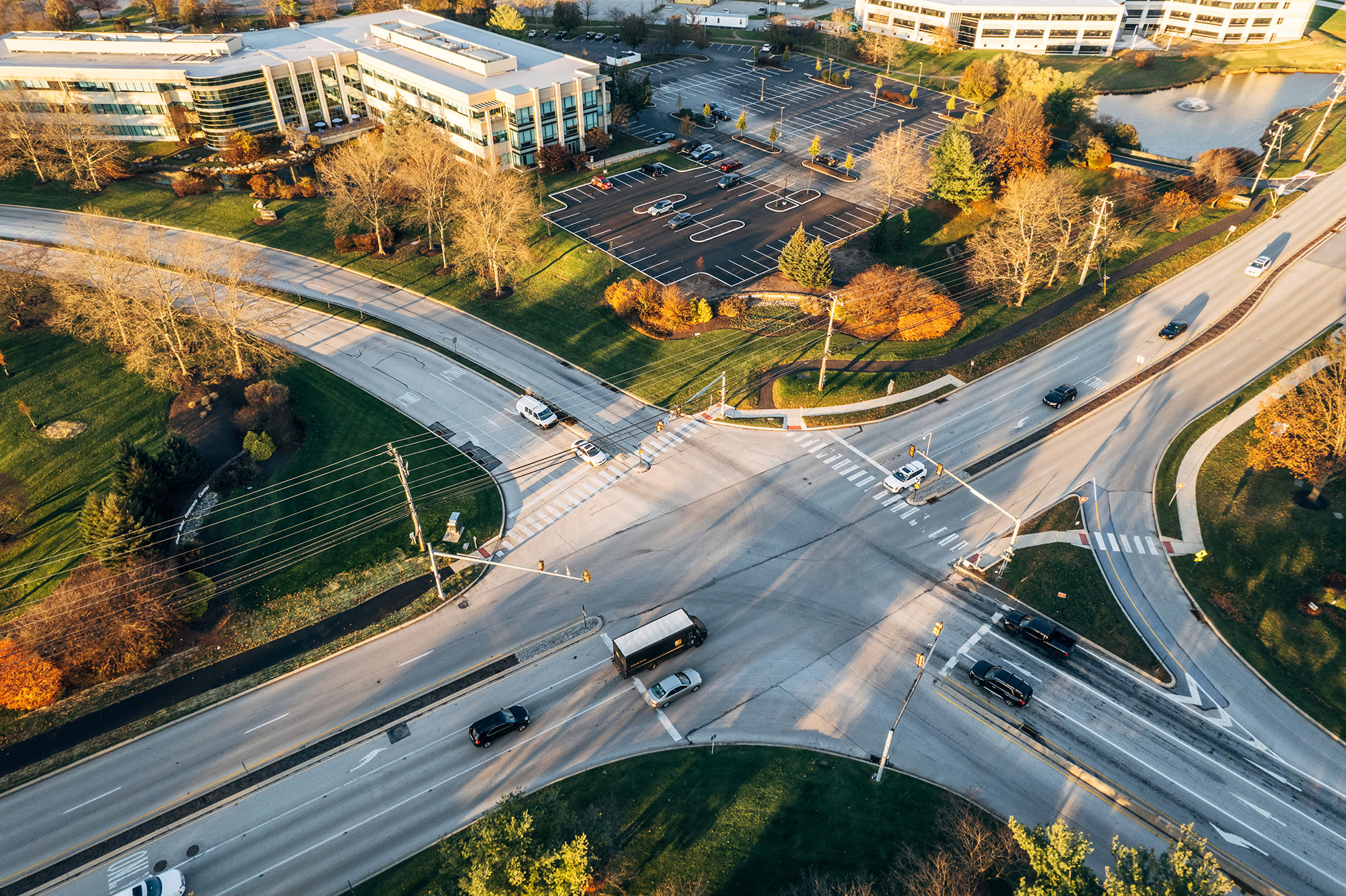Time & Location
Wednesday, November 20, 2024, 7:30 AM – 1:45 PM
Penn State Great Valley Musser Auditorium
About the Event
Parking reform is gaining momentum across the U.S., as cities and suburban communities alike are rethinking their outdated parking requirements. Traditional zoning codes often mandate more parking spaces than necessary, driving up development costs and reinforcing car dependency. By reducing parking minimums, communities can unlock land for housing, parks, and commercial development while encouraging more sustainable modes of transportation like biking, walking, and public transit. Studies from Strong Towns and the Parking Reform Network show that cities such as Portland and Minneapolis have seen significant economic and environmental benefits from reforming their parking policies. For suburban areas, where land is often more plentiful, but car reliance is higher, revisiting these codes offers an opportunity to foster smarter, more resilient growth that aligns with the evolving needs of the population.
On November 20, TMACC will host a half-day Parking Reform Summit at Penn State Great Valley, bringing together experts to tackle one of the most pressing urban planning issues of our time—reducing parking minimums. This half-day summit will delve into the economic and environmental benefits of smarter parking policies and explore real solutions for both urban and suburban areas. Industry leaders will cover key topics such as zoning reform, Transportation Demand Management (TDM) strategies, and SMART parking technologies. As organizations like Transportation for America and Strong Towns highlight, communities that embrace parking reform can reduce development costs, make better use of land, and build more livable, walkable neighborhoods. Whether you’re a planner, developer, municipal leader, or commercial real estate broker, this is your chance to learn from successful case studies and position your community for the future. Let’s rethink parking and unlock the potential for more vibrant, sustainable growth.
From urban to suburban areas, the challenges and opportunities are immense, and we’re bringing together industry leaders to dive into the key topics and themes, including:
- Economic Impact of Reducing Parking Minimums
- Zoning Reform: Navigating Policy Change
- TDM Strategies to Reduce Parking Demand
- SMART Parking: Technology’s Role in Parking Reform
- Environmental and Sustainability Benefits
- Designing Walkable and Transit-Oriented Communities
- Balancing Developer Needs with Public Interest
- Parking Reform in Suburban vs. Urban Areas
- Community Engagement and Overcoming Public Resistance
- Case Studies: Successful Parking Reform Projects



